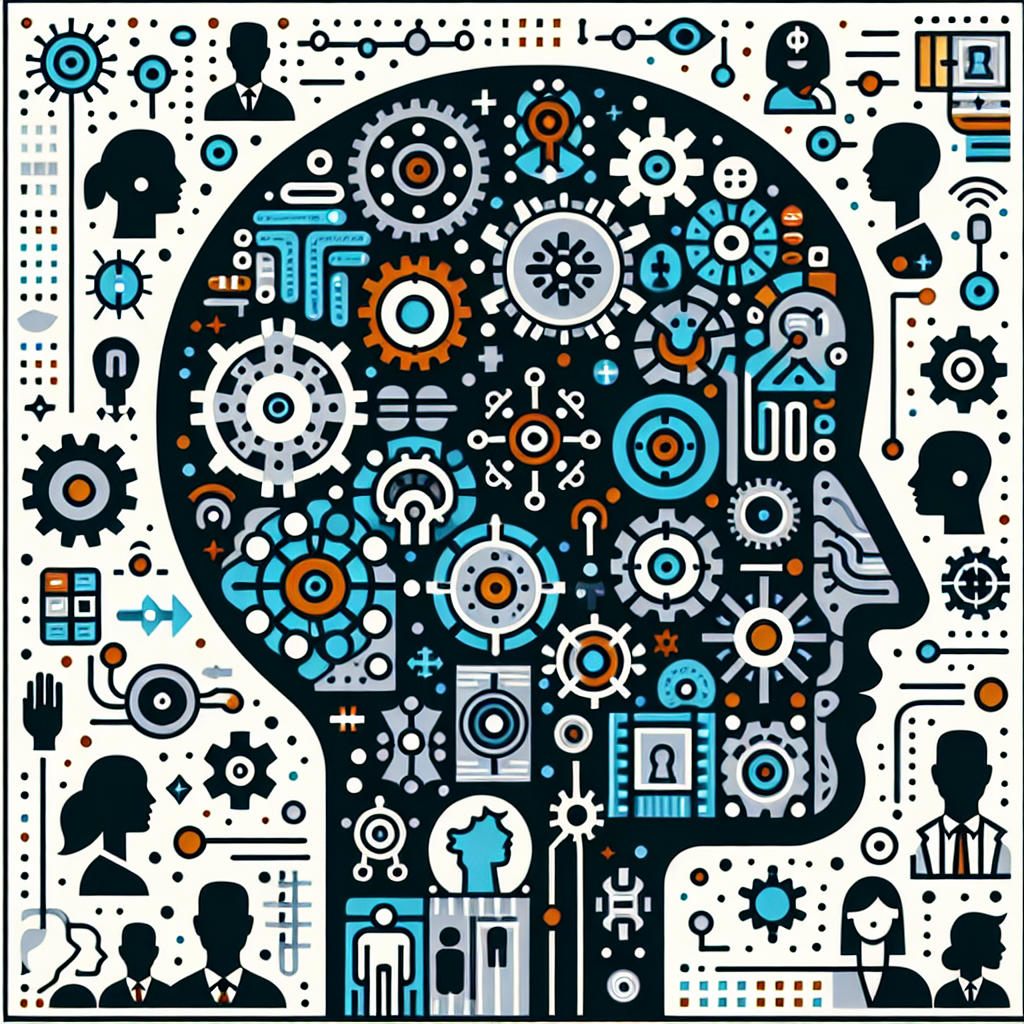The Evolution of AI and Machine Learning in Human Resources
In recent years, the role of artificial intelligence (AI) and machine learning in human resources (HR) has grown significantly. These technologies have revolutionized the way HR professionals recruit, onboard, and retain employees. From automating repetitive tasks to predicting employee turnover, AI and machine learning have the potential to transform HR practices in ways that were previously unimaginable. In this article, we will explore the evolution of AI and machine learning in HR and discuss the impact these technologies are having on the industry.
The Early Days of AI in HR
The use of AI in HR can be traced back to the early 2000s when companies began using chatbots to automate the recruitment process. These chatbots could answer basic questions from job applicants and schedule interviews, saving HR professionals valuable time. However, these early AI applications were limited in their capabilities and were not widely adopted by HR departments.
As technology advanced, so did the capabilities of AI in HR. In the mid-2010s, companies began using AI-powered tools to analyze resumes and predict which candidates were the best fit for a particular job. These tools used machine learning algorithms to match candidates with job descriptions based on their skills, experience, and qualifications. This not only saved HR professionals time but also helped them identify top talent more efficiently.
The Rise of Machine Learning in HR
Machine learning, a subset of AI that focuses on algorithms that can learn from and make predictions based on data, has become increasingly popular in HR in recent years. Machine learning algorithms can analyze large datasets to identify patterns and trends that can help HR professionals make better decisions.
One of the most common uses of machine learning in HR is in employee retention. By analyzing data on employee performance, engagement, and turnover, machine learning algorithms can predict which employees are at risk of leaving the company. This allows HR professionals to take proactive steps to retain these employees, such as offering training opportunities or career development programs.
Another key area where machine learning is making an impact in HR is in diversity and inclusion. Machine learning algorithms can analyze hiring and promotion data to identify biases and disparities in the workplace. This information can help HR professionals implement strategies to promote diversity and inclusion, such as removing biased language from job descriptions or implementing unconscious bias training for hiring managers.
The Future of AI and Machine Learning in HR
As technology continues to advance, the potential for AI and machine learning in HR is virtually limitless. Companies are increasingly using AI-powered tools to automate routine HR tasks, such as payroll processing, benefits administration, and performance reviews. This not only saves time and reduces errors but also allows HR professionals to focus on more strategic initiatives, such as talent development and workforce planning.
In the future, we can expect to see even more sophisticated AI applications in HR, such as predictive analytics for workforce planning and employee engagement. These tools will be able to forecast future trends and identify potential challenges before they arise, allowing HR professionals to make more informed decisions about hiring, training, and development.
FAQs
Q: How can AI and machine learning improve the recruitment process?
A: AI and machine learning can improve the recruitment process by automating repetitive tasks, such as resume screening and candidate matching. These technologies can also help HR professionals identify top talent more efficiently and reduce bias in the hiring process.
Q: Are AI and machine learning replacing human HR professionals?
A: While AI and machine learning are transforming the way HR professionals work, they are not replacing them. These technologies are meant to augment human capabilities, not replace them. HR professionals will still be needed to make strategic decisions and provide a human touch in areas such as employee relations and talent development.
Q: What are the potential risks of using AI and machine learning in HR?
A: One potential risk of using AI and machine learning in HR is bias. If the algorithms are trained on biased data, they can perpetuate existing biases in the workplace. It is important for HR professionals to carefully monitor and evaluate the performance of these technologies to ensure they are fair and equitable.
Q: How can HR professionals prepare for the future of AI and machine learning in HR?
A: HR professionals can prepare for the future of AI and machine learning in HR by staying informed about the latest developments in these technologies and how they can be applied to HR practices. They can also invest in training and development to build their skills in data analysis and technology implementation.
In conclusion, the evolution of AI and machine learning in HR has the potential to revolutionize the way companies manage their workforce. From automating routine tasks to predicting employee turnover, these technologies are changing the way HR professionals work and helping them make more informed decisions. As technology continues to advance, we can expect to see even more sophisticated AI applications in HR that will help companies attract, develop, and retain top talent.

